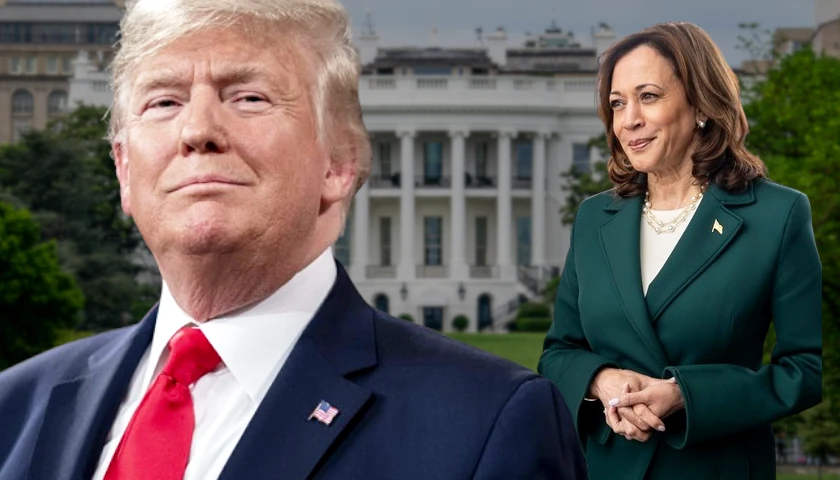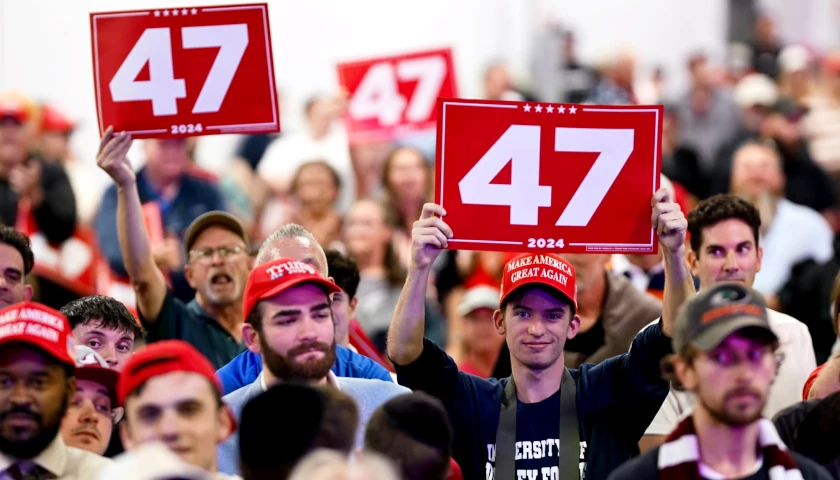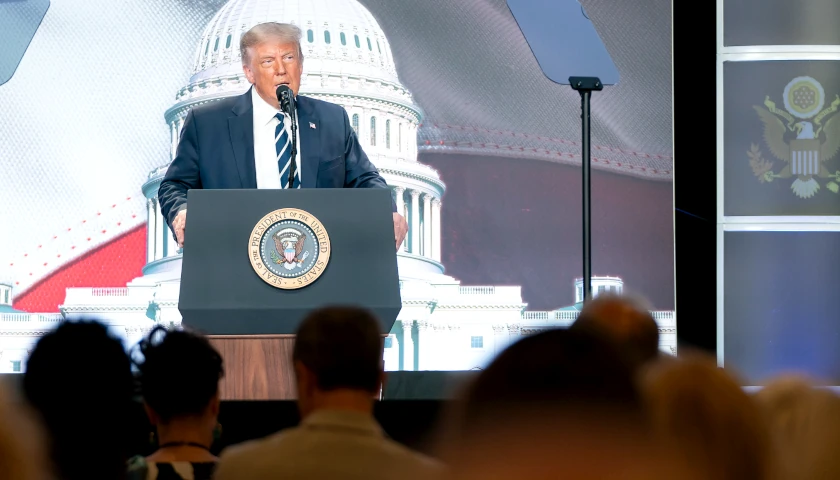by Luke Sprinkel
The Minneapolis City Council voted to delay the enforcement date for new minimum compensation standards for drivers with transportation network companies such as Uber and Lyft. Pending approval from Minneapolis Mayor Jacob Frey, the minimum compensation standards would go into effect on July 1.
In March, the Minneapolis City Council authorized an ordinance which mandates that a driver for Uber or Lyft must be paid $1.40 for every mile driven while transporting a rider, and $0.51 for every minute a rider is being transported, or $5.00 (whichever is greater). The per mile and per minute rates would be annually adjusted under the ordinance.
When the ordinance was originally authorized in March, the new minimum compensation standards were set to take affect on May 1.
In response to this ordinance, Uber and Lyft, two transportation network giants, announced they would no longer provide service in Minneapolis starting May 1. As a matter of fact, Uber announced they would suspend all services in the Twin Cities-area on the same date.
After the announcements by both corporations, elected officials, advocacy organizations, and business leaders expressed their strong concerns about the departures of the two transportation network companies. Many have attempted to persuade the Minneapolis City Council to reverse course, citing concerns about lost jobs and a significant gap in necessary transportation services.
On Thursday, the Minneapolis City Council voted unanimously, 13-0, to extend that date to July 1. Uber and Lyft said they will continue operations until the July enactment date.
When the new minimum compensation standards were first passed, Mayor Frey vetoed the proposal. While the mayor clarified that he supports pay standards for drivers, he feared the pay standards pushed by the city council would cause transportation network companies to cease operations in Minneapolis.
However, the city council eventually overturned the mayor’s veto and officially put the new standards in the Minneapolis law books.
Last year, Gov. Tim Walz used his veto pen for the first time when he rejected a bill that would have set statewide pay standards for drivers who participate in transportation network companies such as Uber and Lyft. At the time, Uber claimed the proposed legislation would “have doubled the cost of a ride, put thousands of drivers out of work and made rideshare less safe.”
When he vetoed the bill, Gov. Walz authorized the creation of a committee to study the rideshare compensation issue. In March, the committee’s report detailing their findings was officially released by the Minnesota Department of Labor and Industry.
That same month, Mayor Frey informed the Minneapolis City Council that he supports “a rate of pay in line with the data provided in the statewide study.”
At Thursday’s city council meeting, members of the Minneapolis City Council voted against a motion to adopt the state study’s recommendation. The city council also voted against language that would have completely revoked the minimum pay standards. Both votes failed 3-10.
– – –
Luke Sprinkel previously worked as a Legislative Assistant at the Minnesota House of Representatives. He grew up as a Missionary Kid (MK) living in England, Thailand, Tanzania, and the Middle East. Luke graduated from Regent University in 2018.




